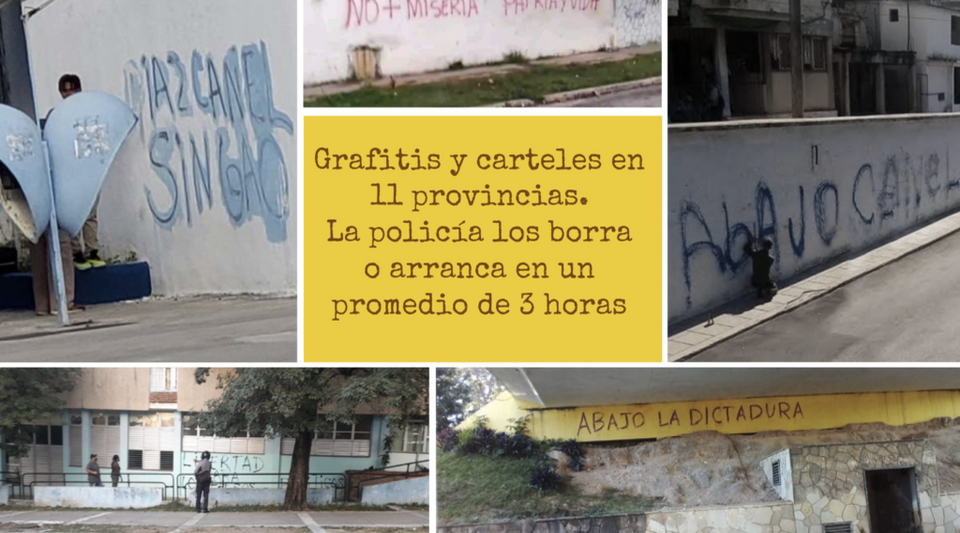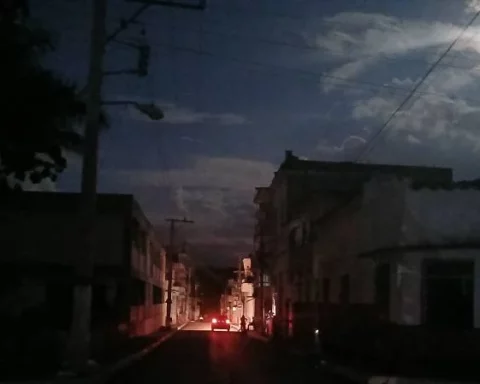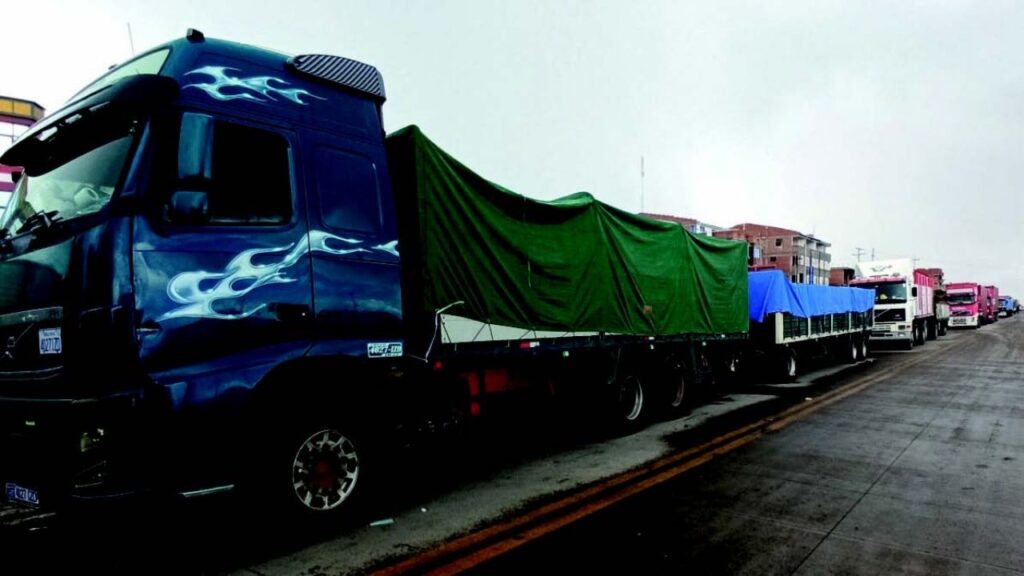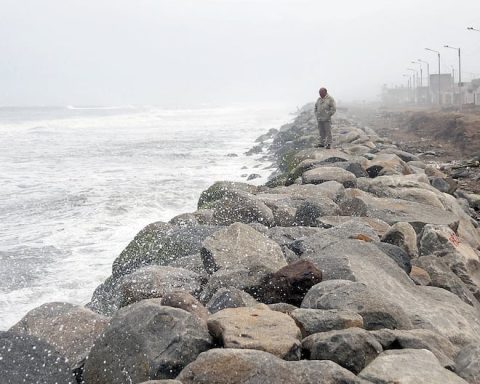The growing repression in Cuba has not stopped the demonstrations against the government. According to the last report of the Cuban Observatory of Conflicts (OCC), in January there were a total of 275 protests, most of which (175, 64%) for political reasons and, among them, 160 related to the prisoners for the 11J demonstrations.
“This is highly significant if one takes into account that since July 11, 2021, Cuban society has suffered state terror of an extent, brutality and magnitude unknown before the largest national rebellion,” the OCC details in the report. “As the ongoing trials show, any peaceful participant in a protest – even if he is a minor and has only expressed it on social networks – can be sentenced between 5 to 20 years in prison“.
These protests, explains the Observatory, have manifested themselves above all in “individual or small group actions”, such as paint graffiti and posters, do masses or broadcast videos and photos on social networks. This strategy has the objective, the organization argues, of continuing to have “visibility and impact”, but limiting “the risk of its executors in the face of repression.”
The report highlights the “criminal wave” that the Island suffers, exemplified above all in numerous robberies, whose containment “the State seems unable or uninterested in prioritizing”
The Miami-based NGO also compares these figures with those of June 2021, when there were 249 protests. “The number of monthly protests is an indicator of governability, but the psychological and material context in which they occur is what attributes their immediate seriousness,” argues the Observatory, which assures that “the hyperinflation forecast by economists bodes ill” for the Government in this 2022.
Last month, protests for economic and social reasons reached a hundred. These were concentrated, details the organization, in the “inflationary consequences” of the so-called Ordering Task and in the “complaints” of the GAESA military conglomerate, whose face, that of General Luis Alberto Rodríguez López-Calleja, has been exposed to Cubans. , according to the OCC, but also in citizen insecurity and domestic violence.
In this regard, the report highlights the “criminal wave” that the Island is suffering, exemplified above all in numerous robberies reported on social networks and the independent press, whose containment “the State seems unable or uninterested in prioritizing.”
The OCC highlights the victory of two of the protests in January: one, in Santiago de Cuba, where they closed a children’s nephrology center and assigned the property to “an unidentified person or entity,” which resulted in the return of the house to the Ministry of Public Health, and the other the response of the same ministry to improve the situation and the supply in the Clinical Surgical Hospital of Havana after the appearance of denunciations in the independent press.
“Government actions and omissions further weaken governability instead of strengthening it,” says the Observatory, which asserts that “imposing a system of terror, tightening the criminal code, continuing to limit private entrepreneurship and increasing controls on food production They are deepening the conflict.” Thus, he concludes: “The protests barely constitute the symptomatology of the systemic disease that consumes Cuban society.”
________________________
Collaborate with our work:
The team of 14ymedio is committed to doing serious journalism that reflects the reality of deep Cuba. Thank you for joining us on this long road. We invite you to continue supporting us, but this time becoming a member of our newspaper. Together we can continue transforming journalism in Cuba.

















